Staff
Click on the photos below to learn more about our staff. If you’d like to talk to us directly you can send an email here or call 206-221-6893.
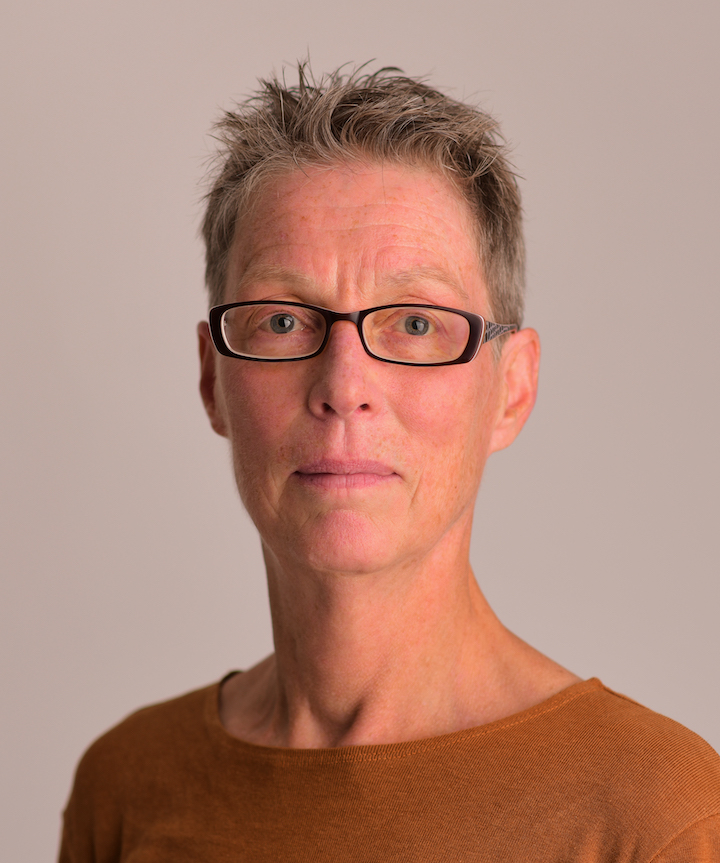
Julia K. Parrish

Julia K. Parrish
As Executive Director, Julia focuses at the intersection of communicating about the great science (natural and social) COASST does, managing our people resources, and writing that next grant that keeps the office vibrant. Want to explore how you can help COASST sustain great science and expand our programming? Contact Julia.
Julia started her academic career as a starving artist, only dimly aware of organismal biology and natural history. However, as art is more difficult than science (!), Julia found herself (while still an undergrad) immersed in marine biology as a visiting student at the Duke University Marine Lab. Since then, it’s been science all the way. After coming to the University of Washington in 1990, Julia discovered conservation in the way that most field biologists do, by watching the organisms and habitats she had been working on, and in, disappear and degrade as a consequence of inadvertent human activities. At the same time, Julia met many people who were watching local resources and ecosystems change, and wondering what to do about it. These experiences led her to create a program for citizens with a strong component of marine conservation, a foundation of basic science, and a healthy dose of enthusiastic teaching and outreach—the Coastal Observation and Seabird Survey Team.
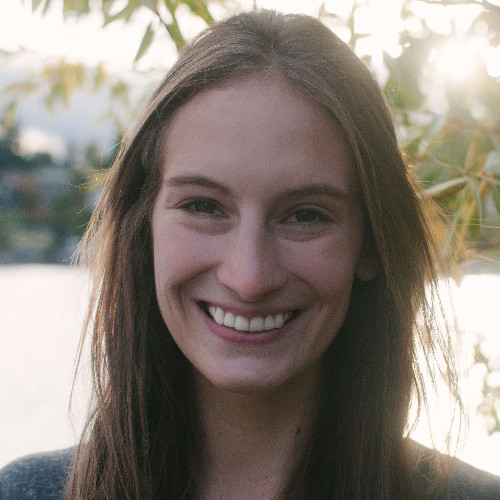
Allie Brown

Allie Brown
As Participant Coordinator, Allie sets up trainings, refreshers, and other COASST events; works through the start-up processes personally with each new participant; and keeps the COASST internship program soaring. In a spare moment you might also find Allie editing our newsletters and blog posts to keep everyone up-to-date. If you have a questions about your survey data, your partners, your beach coverage, or COASST supplies – call Allie!
Allie joined COASST in June 2023. She has worked in environmental and wilderness fields for over a decade, and holds a Master’s degree in Marine and Environmental Affairs from the University of Washington. Outside of COASST Allie can be found biking through the beautiful mountains of the Pacific Northwest, writing nature stories for children, or trying to tire out her energetic dog, Finn!
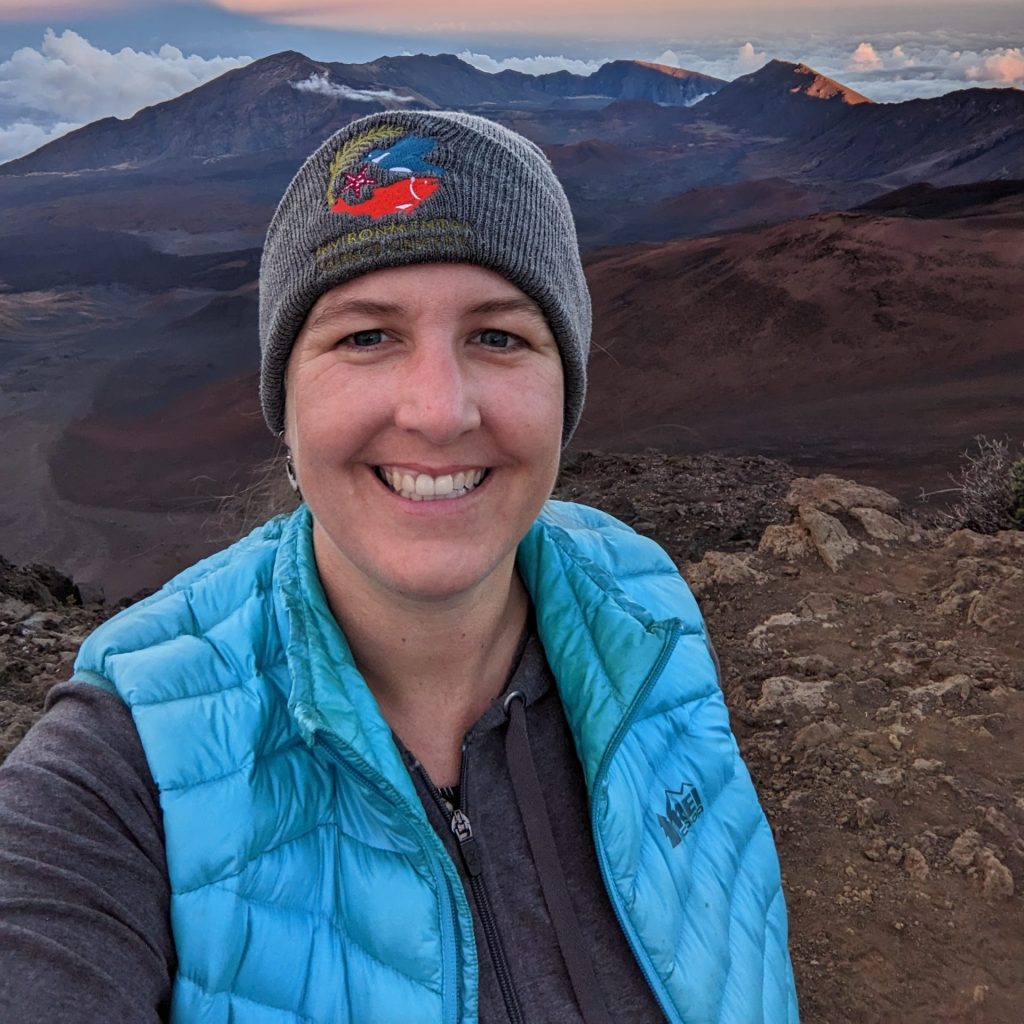
Florence Sullivan

Florence Sullivan
As Science Coordinator, Florence interfaces directly with all our data users and science and resource management partners. She is responsible for managing the day-to-day science of the beached bird module, and working with our IT partners to keep our database and data entry portal running smoothly. Want to explore using COASST data, or partnering with COASST on a project? Reach out to Florence!
Florence joined COASST in January 2025 as Science Coordinator, bringing 15+ years of ecological fieldwork experience in marine science. Previously, as a Research Biologist for Pacific Whale Foundation, she has been the Point of Contact for Happywhale (a community science whale fluke matching project) as well as a coordinator for the Great Whale Count (Hawaii’s longest-running community whale counting effort). Florence completed her Master’s degree in Wildlife Science at Oregon State University where she investigated the fine-scale foraging ecology of gray whales, and is excited to return to the University of Washington where she completed her undergraduate degree in Biological Oceanography. Outside the office, Florence enjoys contra dancing and fiber arts including spinning, weaving, knitting, and basketry.
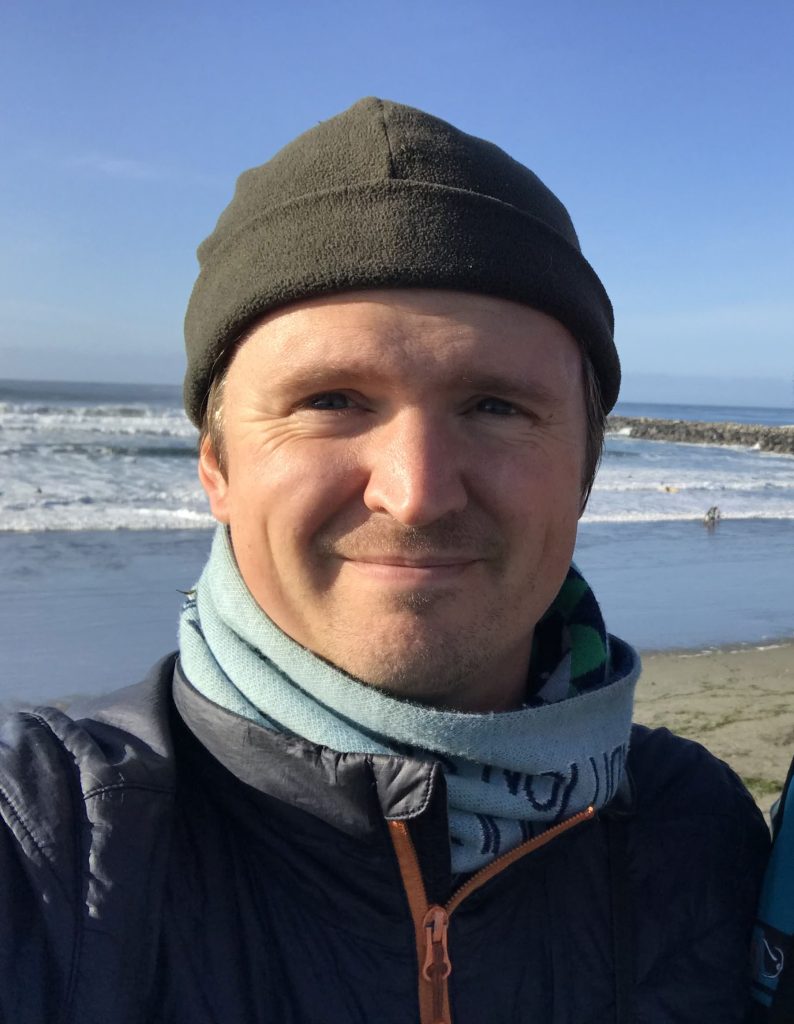
Charlie Wright

Charlie Wright
Our beached bird verifier, Charlie is the acknowledged expert on marine birds (and, well, any bird) and his work includes examining each and every dead bird photo a participant submits in our program, comparing it to the datasheet, and coming up with a definitive species ID. Wondering whether you’ve got it right? Send a note to Charlie!
For Charlie, looking at beached birds day in and day out is anything but morbid: through this unconventional window into what’s going on in the world of seabirds, he enjoys seeing the comings and goings of the seasons, and is always on the lookout for an unusual or interesting pattern. These same rewards drew him to a pastime of birding, that has always guided his way. Watching new COASSTers pick up (and master!) beached bird ID and offering help along the way is another rewarding part of being the data verifier. The natural ebb and flow of verification work also allows him to indulge in live birds full time in the summers, often engaging in biological research with his wife in Alaska.
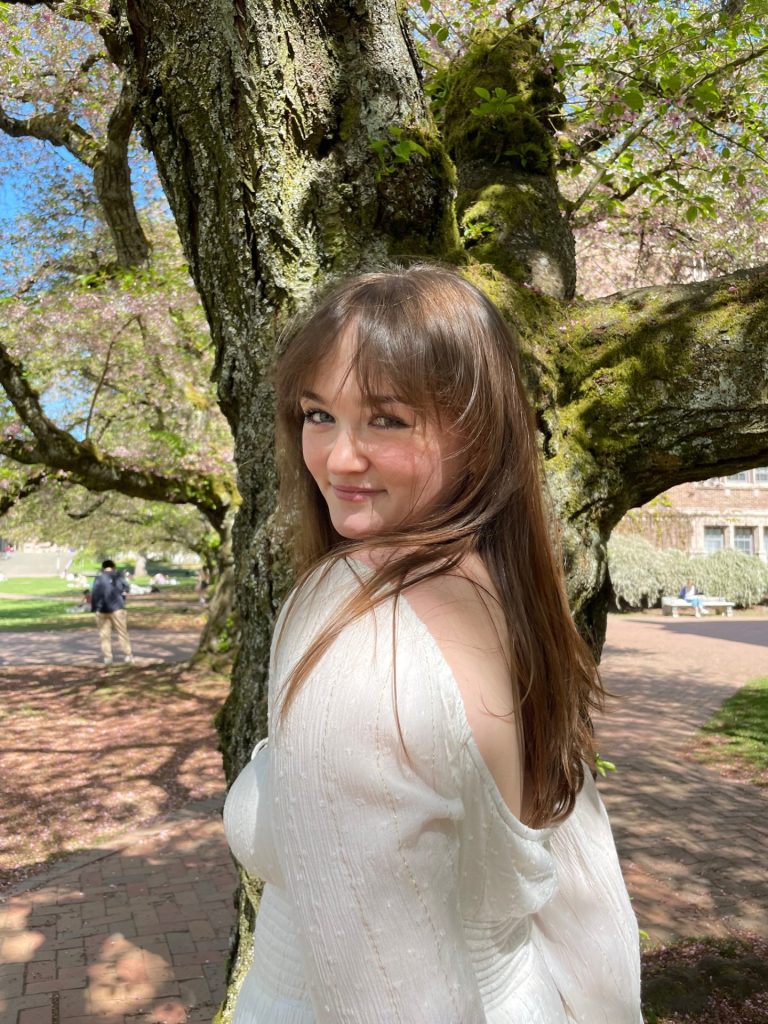
Lauren Grady

Lauren Grady
Lauren returns to COASST as a senior intern for our Winter and Spring quarters after quarter-long break to study abroad in Rome. Lauren is majoring in Marine Biology with a minor in Climate Science and has been enamored by the marine world since she was young and had the opportunity to regularly walk along the Chesapeake Bay with her mom. She is participating in the Student Civic Fellows program as part of her time with COASST.
Hobbies: Singing, playing trombone, hiking, puzzles, board games, geography quizzes, movies, and reading
Favorite Beach: Kiawah Island in South Carolina or Cannon Beach in Oregon
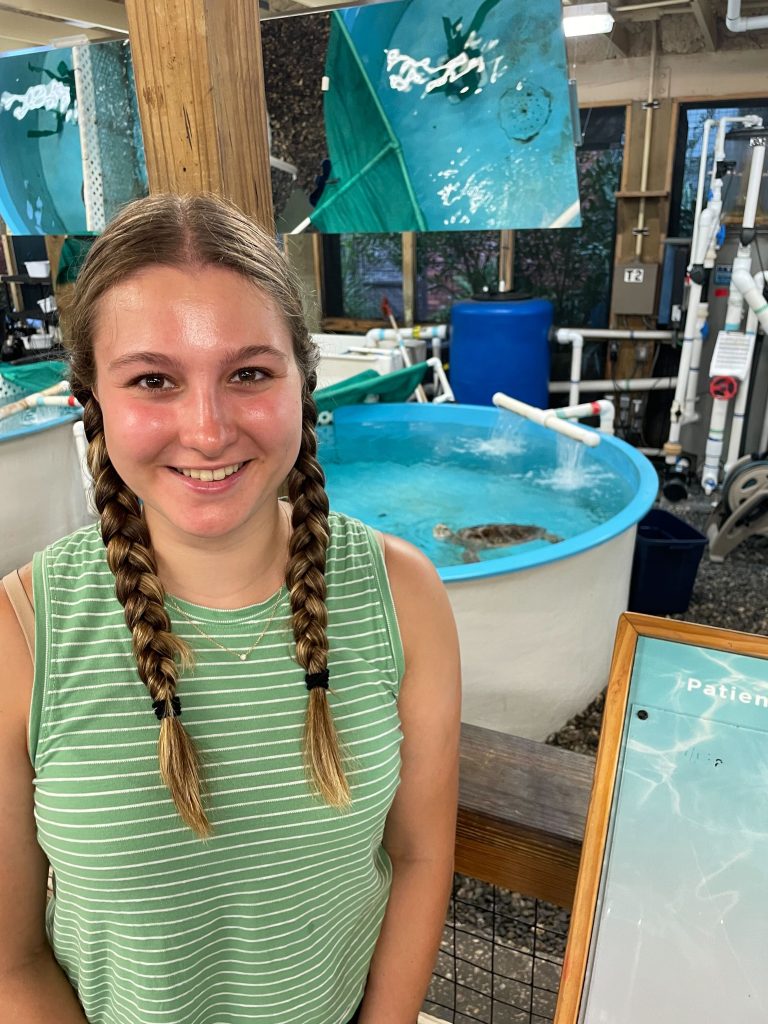
Isabella Robinson

Isabella Robinson
Isabella returns to COASST as a senior intern for our Winter and Spring quarters after quarter-long break to study abroad in Rome. Originally from the deserts of Arizona, she is studying Marine Biology because of how different the ocean is from the desert and therefore how fascinating it is! In addition she is minoring in French. Isabella is participating in the Student Civic Fellows program as part of her time with COASST.
Favorite Road Trip Song: Anything Taylor Swift!
Favorite beach: St Ann’s Beach, Laguna Beach, CA
Interns
COASST interns work behind the scenes to keep the program humming. When they aren’t helping out in the lab or at the beach, most interns are working to complete their undergraduate coursework at the University of Washington.
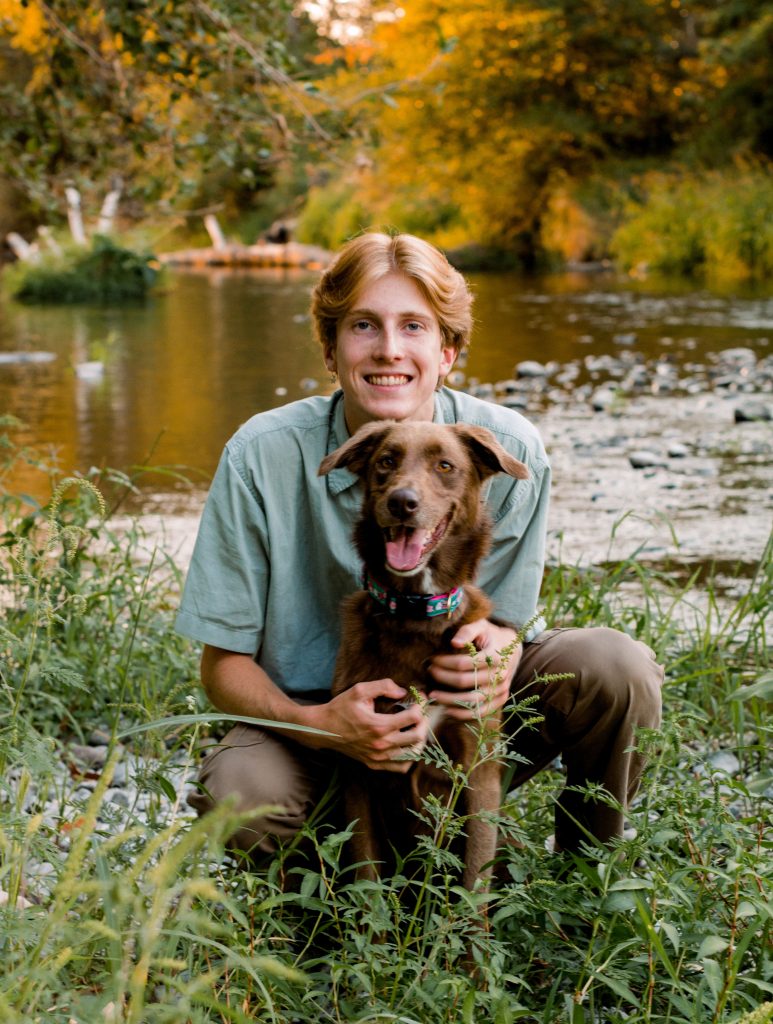
Braden Hisaw

Braden Hisaw
Braden has been an intern with COASST for 2 years (8 quarters) and has held roles as Senior Intern and Americorps Intern.
Major: Biology and Marine Biology
Hometown: Walla Walla, WA
Hobbies: Running, video games, obsessing over dogs
Favorite Road Trip Song: Don’t Stop The Music – Rihanna
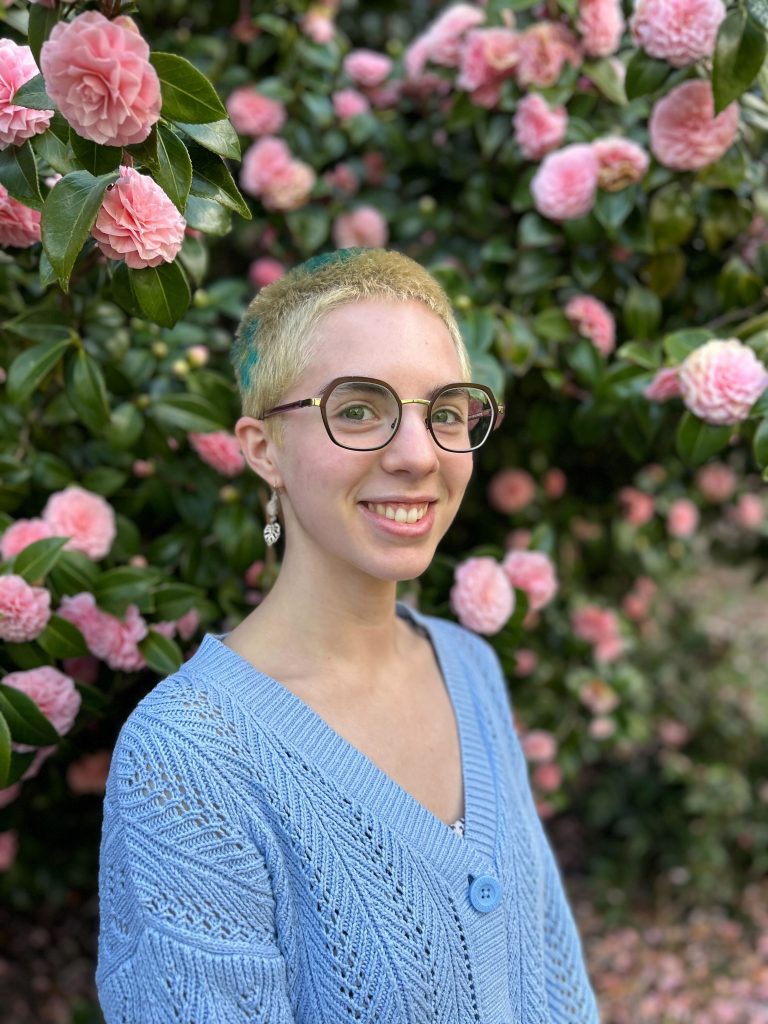
Isabel Waier

Isabel Waier
Major: Marine Biology
Hometown: Milwaukee, WI
Hobbies: Reading, drawing, and hiking (and looking for birds and fungi during!)
Superpower?: If I were to have an imaginary superpower it would be to photosynthesize or fly
Favorite beach: Second Beach in Olympic National Park
Favorite Road Trip Song: Take Your Mama by Scissor Sisters
Future?: Animal care with a focus on marine birds
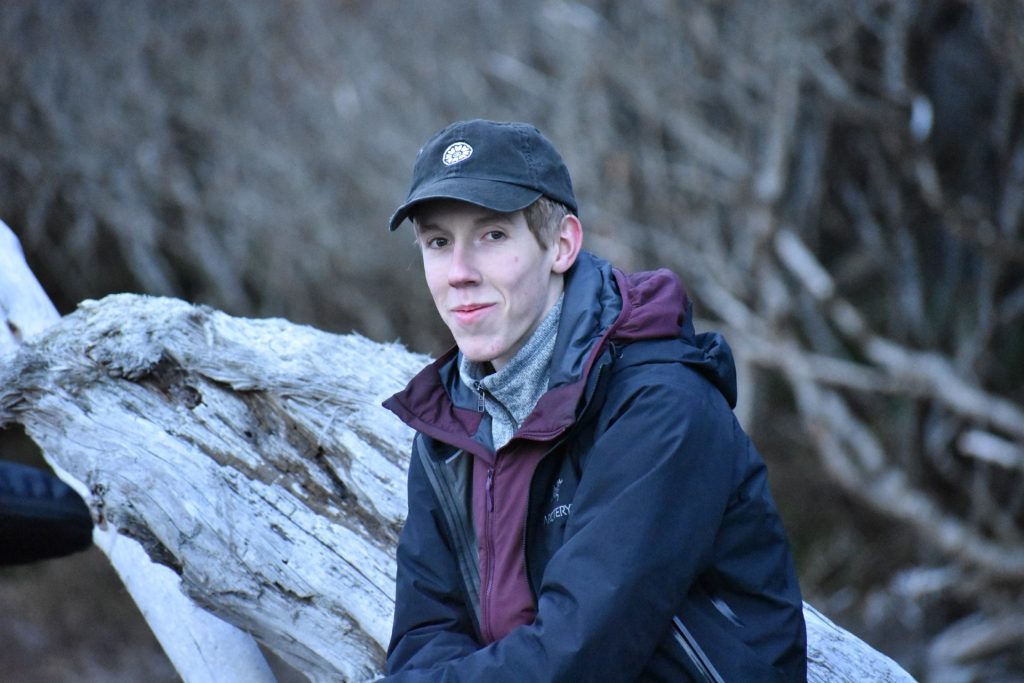
Kade Smiley

Kade Smiley
Major: Biology: Ecology, Evolution, and Conservation – ESRM: General
Hometown: Redmond/Sammamish, WA
Superpower?: I don’t know if its a superpower, but I am very good at Geoguessr/Geography!
Favorite beach: Shi Shi beach. the hike in is super nice, and the arches on the south end are wonderful to go explore at low tide.
Hobbies: Trail running, cycling of all kinds (track, mountain biking, and road), and birding!
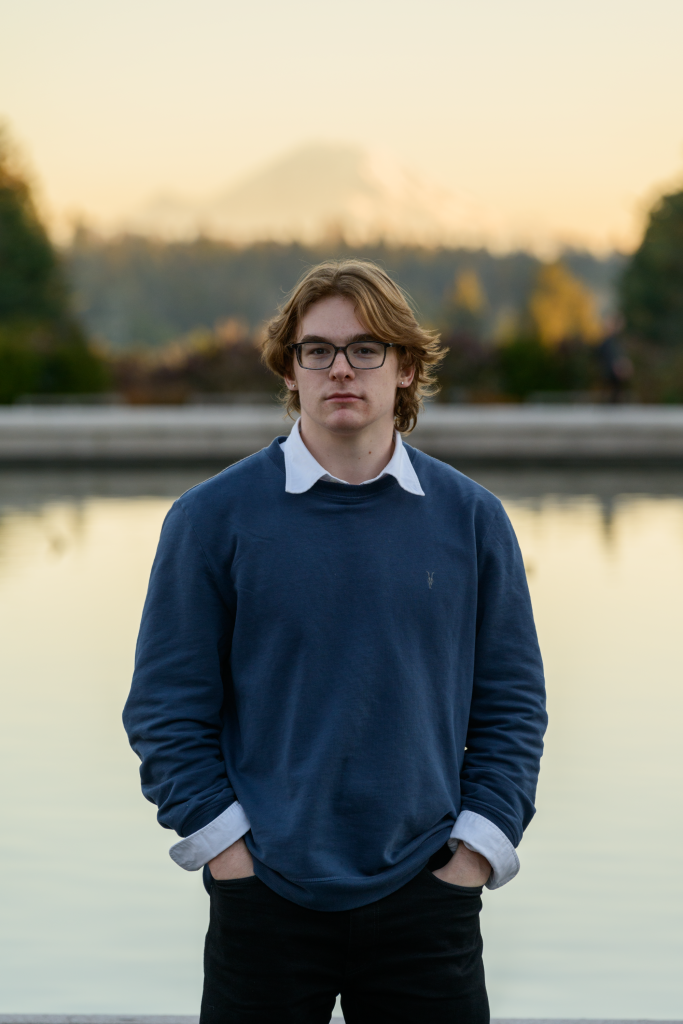
Jack Stanton

Jack Stanton
Major: Biology: Ecology, Evolution, and Conservation
Superpower?: I can pick up pieces of paper or tiny objects with one finger
Hobbies: Birds! and wildlife photography and working out
Favorite beach: Kaikoura Beach in New Zealand
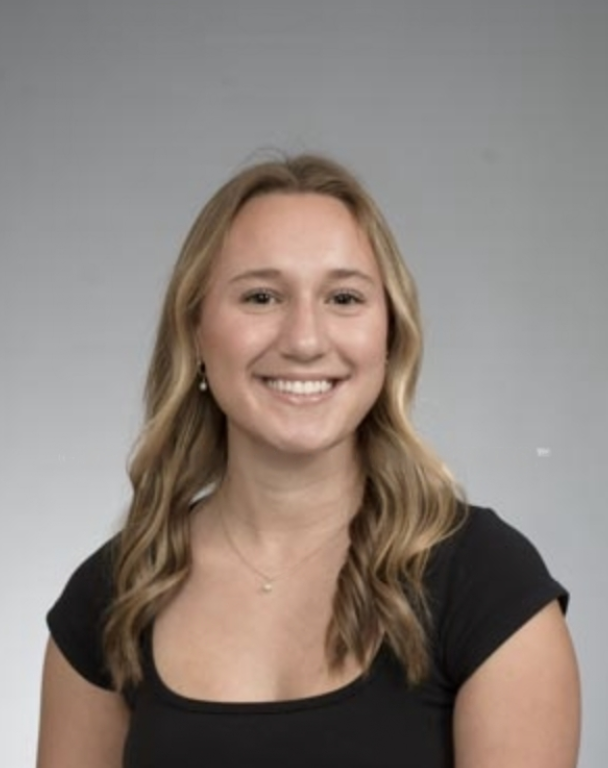
Jenna Green

Jenna Green
Major: Marine Biology
Hometown: Bay Area, California
Superpower?: Telepathy
Favorite Road Trip Song: Hey Soul Sister. By Train
Favorite beach: Naples Beach, Half Moon Bay
Hobbies: Hiking, photography, spending time with friends
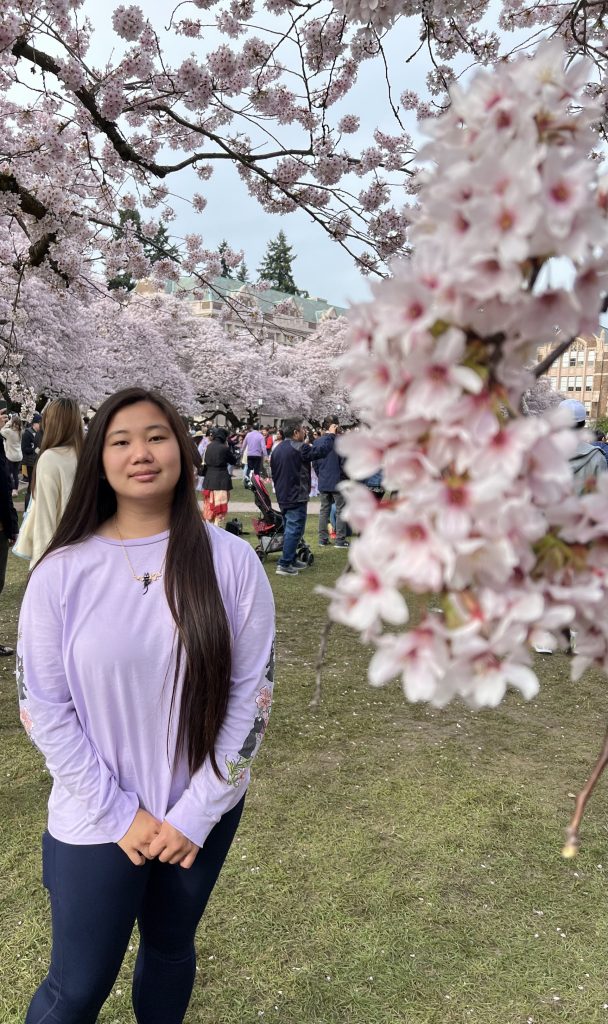
Michelle Kie

Michelle Kie
Major: Marine biology and Biology: Physiology (intended double major)
Hobbies: Playing video games, listening to music, hanging out with friends, and bird watching!
Favorite beach: Santa Monica State Beach
Future: Marine veterinary medicine
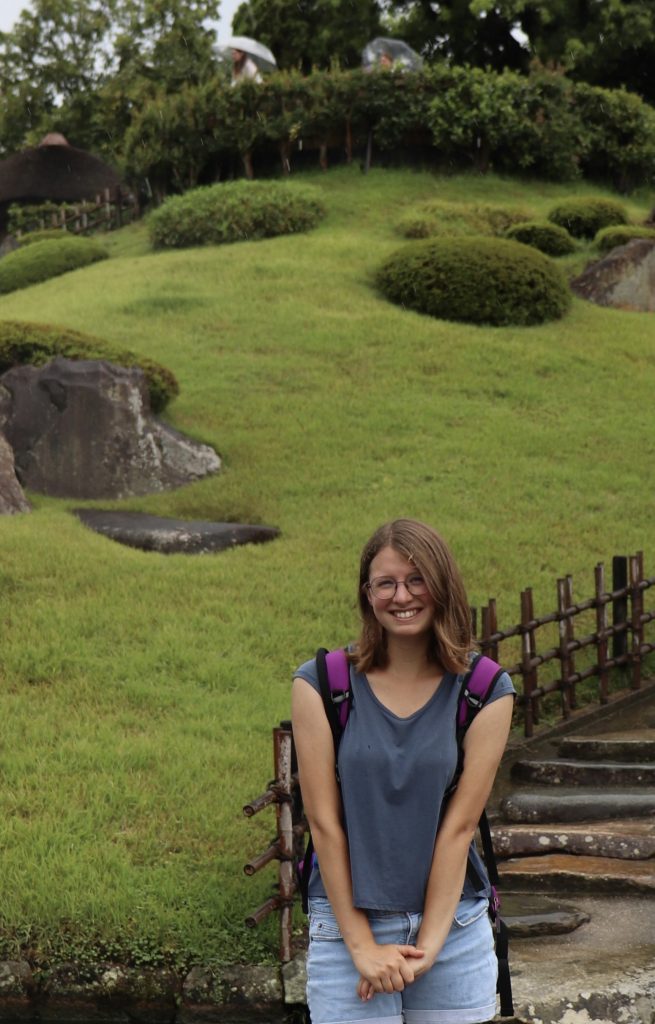
Kathryn Whitmer

Kathryn Whitmer
Major: Marine Biology and Data Science
Hometown: Eastern Washington
Favorite beach: Alki at low tide for tidepooling!
Superpower?: I would love to fly
Favorite Road Trip Song: Get Out the Map by Indigo Girls
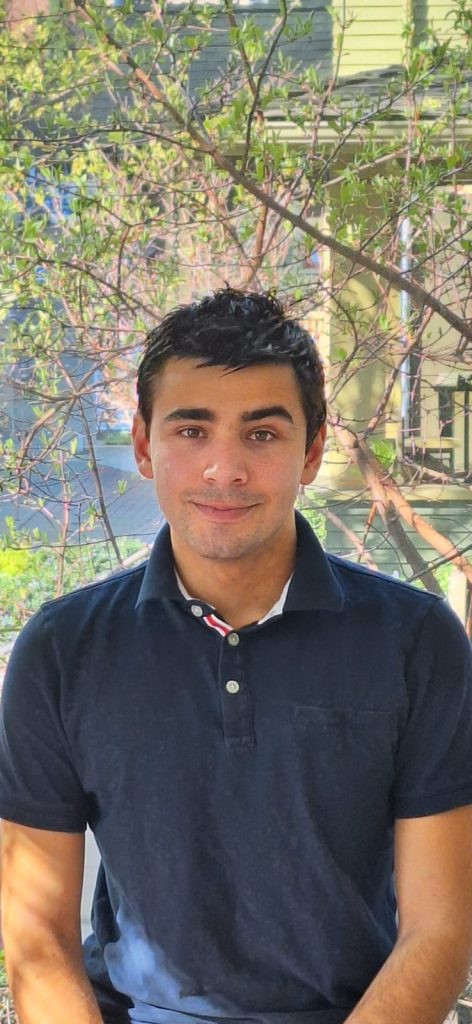
Eytan Legros

Eytan Legros
Major: Marine Biology
Hometown: Paris, France
Hobbies: Diving, free diving, and sailing
Superpower?: Be able to breathe underwater
Favorite beach: Constellation Park
Favorite Road Trip Song: Hotel California or Sultan of Swing
Advisors
The COASST Advisory Board is composed of resource managers, education researchers, citizen science experts, and COASSTers who provide advice and expertise.
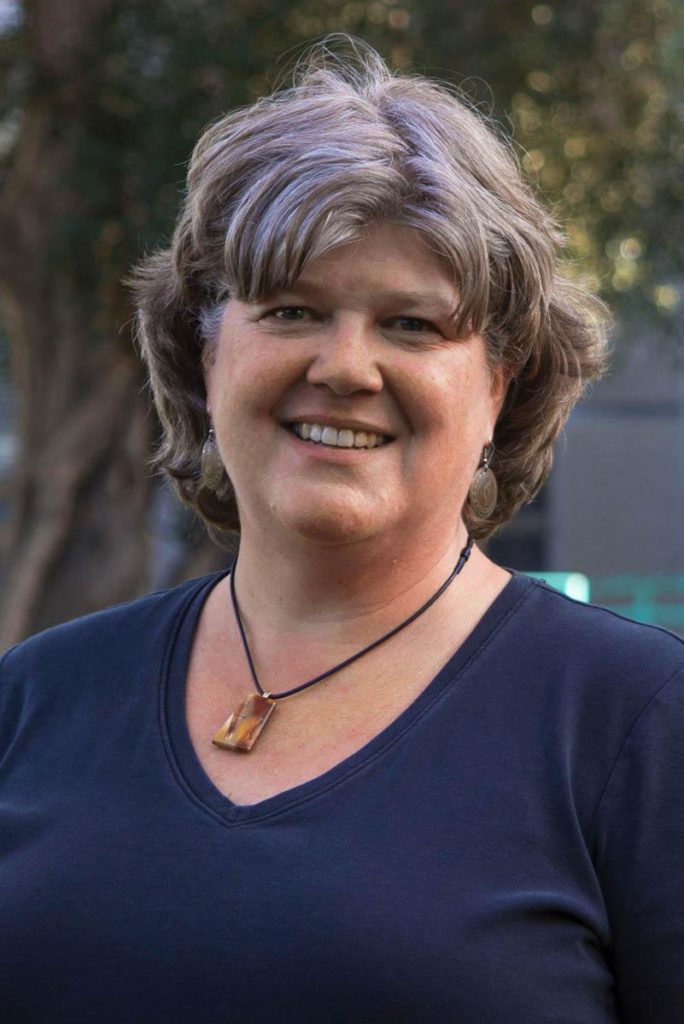
Heidi Ballard

Heidi Ballard
Heidi is an Associate Professor at UC Davis who is interested in environmental education that links communities, science, environmental action and learners of all ages. She is particularly interested in what and how people learn through public participation in scientific research (PPSR) as a form of informal science education to ultimately better conservation and natural resource management. Heidi is interested in COASST because it takes advantage of large spatial and temporal datasets, and is also completely intimate, localized, and hands-on in terms of training and working with volunteers, keeping people informed and excited, and making sure everyone knows the results of their efforts.
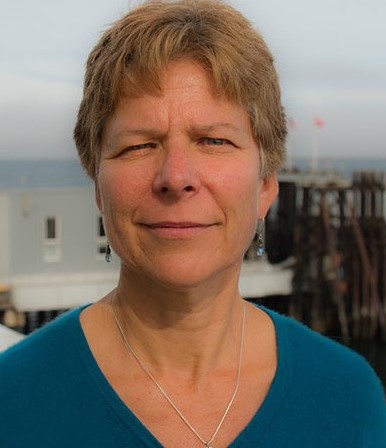
Carol Bernthal

Carol Bernthal
Carol is the Superintendent of the Olympic Coast National Marine Sanctuary (OCNMS). Her responsibilities at the sanctuary include all aspects of management of the site and staff, policy development, interaction with the Olympic Coast Sanctuary Advisory Council, working with local, state, federal agencies and tribes, and serving as a member of the National Marine Sanctuary Programs’ Leadership Team. OCNMS has been a key partner in COASST since its inception, providing volunteer management on the outer coast and Strait of Juan de Fuca. Carol has also served as a COASST volunteer, surveying a beach in Admiralty Inlet region as a way to remember that nature isn’t what you find on a computer or at meetings!
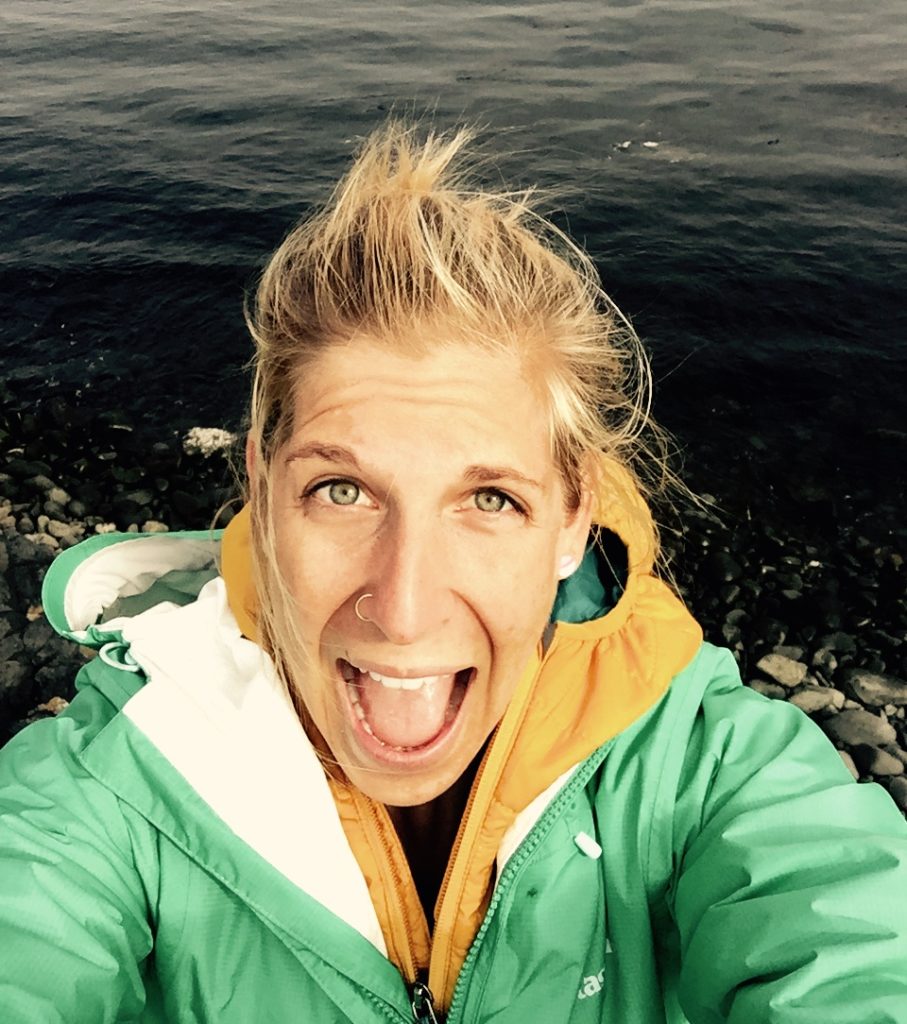
Lauren Divine

Lauren Divine
Lauren is the director for the Aleut Community of St. Paul Island- Ecosystem Conservation Office. Her work focuses on subsistence resource management issues, scientific research, and education and outreach. Lauren is currently involved in the expansion of the BeringWatch program, a grassroots environmental monitoring framework that enables Alaskan Tribes to take more control and have a voice in climate change science and environmental monitoring in rural Alaskan communities. The BeringWatch program adopted COASST protocols for seabird monitoring as seabirds are such a critical component of the Pribilof marine ecosystem in serving as ecosystem indicators, and are a culturally important subsistence resource. Lauren is a COASST volunteer in St. Paul, Alaska, one of the earliest participating communities of COASST!
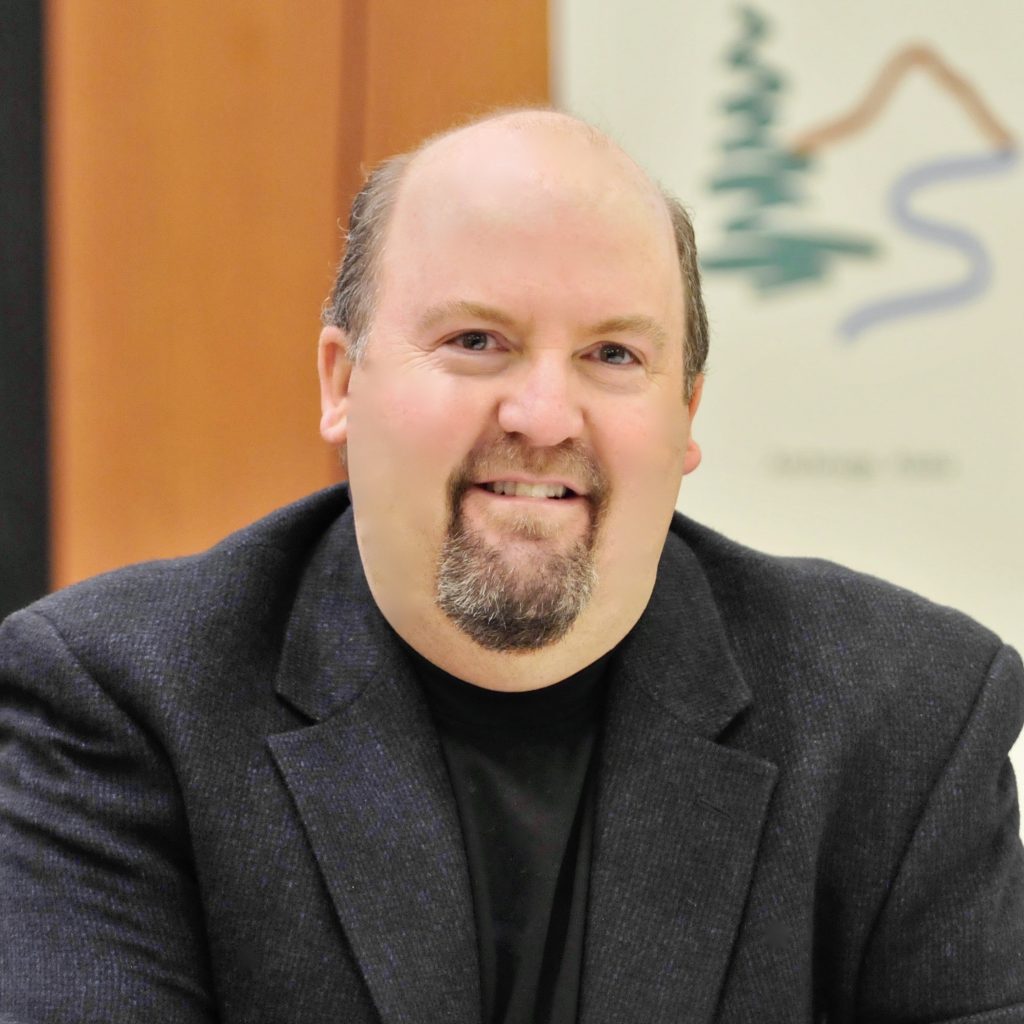
Kurt Eilo

Kurt Eilo
Kurt currently serves as the Executive Director of the Alaska Forum, a non-profit organization that hosts and coordinates the annual Alaska Forum on the Environment Conference. The mission of Alaska Forum is to promote a healthy environment through communication and education by conducting several grant projects including rural Solid Waste management training and the Environmental Technician Apprenticeship program. Kurt worked with the EPA from 1988 to 2003 as the Hazardous Waste Coordinator, enforcement and federal liaison for the Anchorage office.
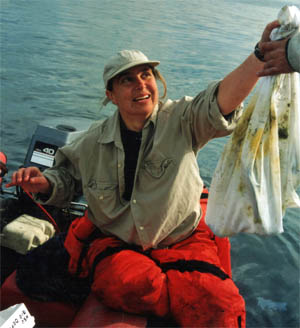
Dawn Goley

Dawn Goley
Dawn is the Coordinator for the Marine Mammal Stranding Response in Northern California, a Professor at Humboldt State University, and the Director of the Marine Mammal Education and Research Program. Currently, her research includes the population dynamics of Steller’s Sea Lions (in collaboration with the National Marine Mammal Laboratory) and interactions of seabirds and pinnipeds on local rookeries (Common Murres and Stellers sea lions primarily). She is also actively engaged in studying the marine mammals that strand along the coast.
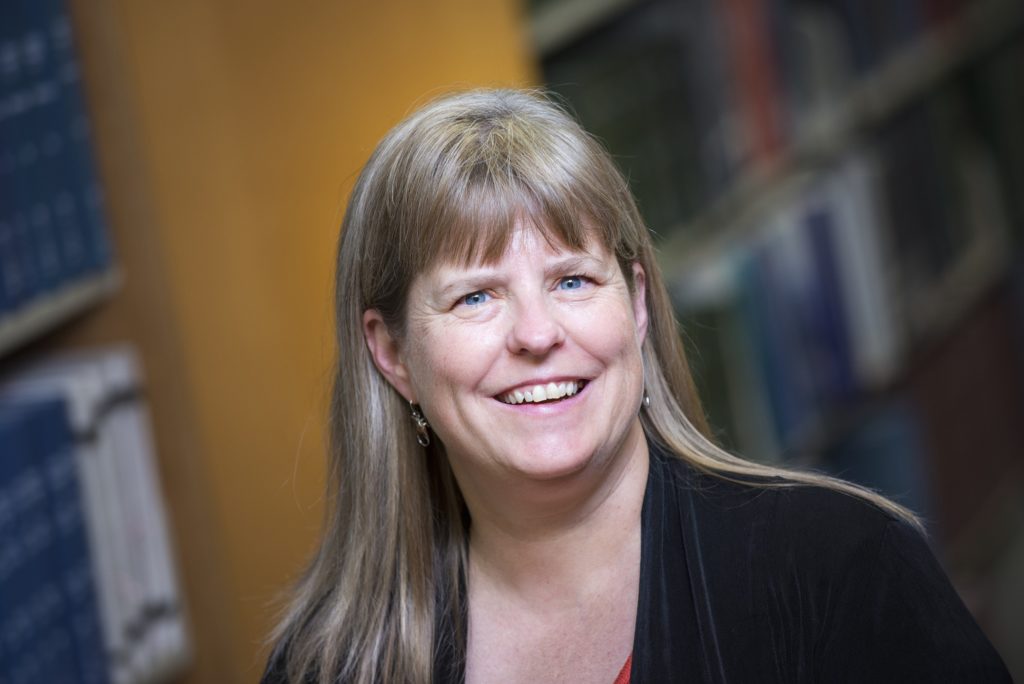
Selina Heppell

Selina Heppell
Selina is an Associate Professor and Associate Department Head in the Fisheries and Wildlife Department at Oregon State University. She is a fisheries ecologist and conservation biologist who is a long-time supporter of collaborative research and outreach, working with fishermen and coastal residents on critical natural resource issues. She loves the beach and fishes for fun on the Oregon coast with her husband, Scott, and their son, Dylan.
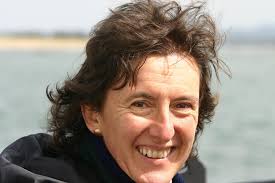
Jan Hodder

Jan Hodder
Jan is a Senior Lecturer at the University of Oregon’s Institute of Marine Biology. She has researched various aspects of marine bird and mammal biology. Jan also directs several projects that provide rigorous professional development opportunities in the ocean sciences for community college faculty and students.
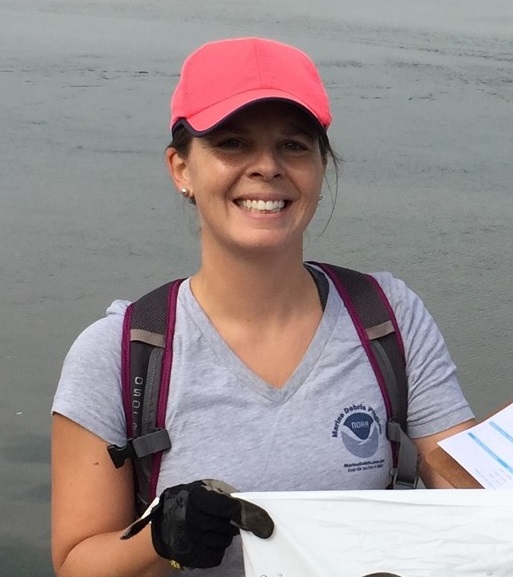
Sherry Lippiatt

Sherry Lippiatt
Sherry is the California Regional Coordinator for the NOAA Marine Debris Program (MDP), and monitors regional research, removal, and prevention projects and serves as a resource for the marine debris community within the state. Sherry also leads the NOAA Marine Debris Monitoring and Assessment Project (MD-MAP), through which the MDP has established a network of marine debris monitoring partners that are applying methods and tools developed by NOAA. With COASST’s addition of a marine debris module, Sherry serves on the advisory board to provide input on protocols and help build partnerships between COASST and other marine debris researchers.
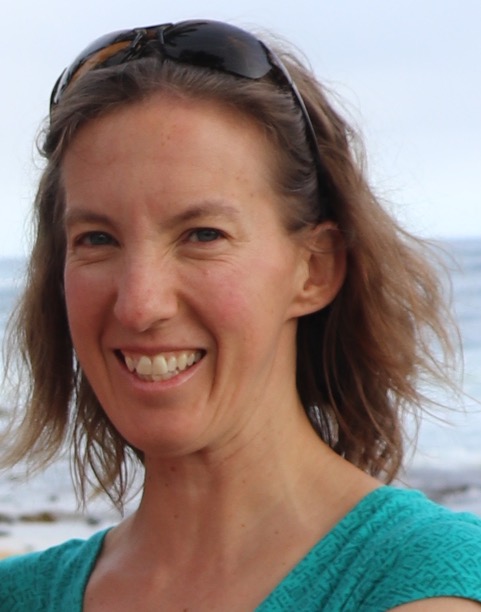
Kate Litle

Kate Litle
Kate is the Assistant Director for Programs at Washington Sea Grant. Prior to this position, she was the Program Coordinator of COASST for five years. She currently works with engaging scientists, natural resource managers, citizen science groups and other interested parties in developing a working definition of citizen science and identifying criteria for the effective use of citizen science in research and management efforts.
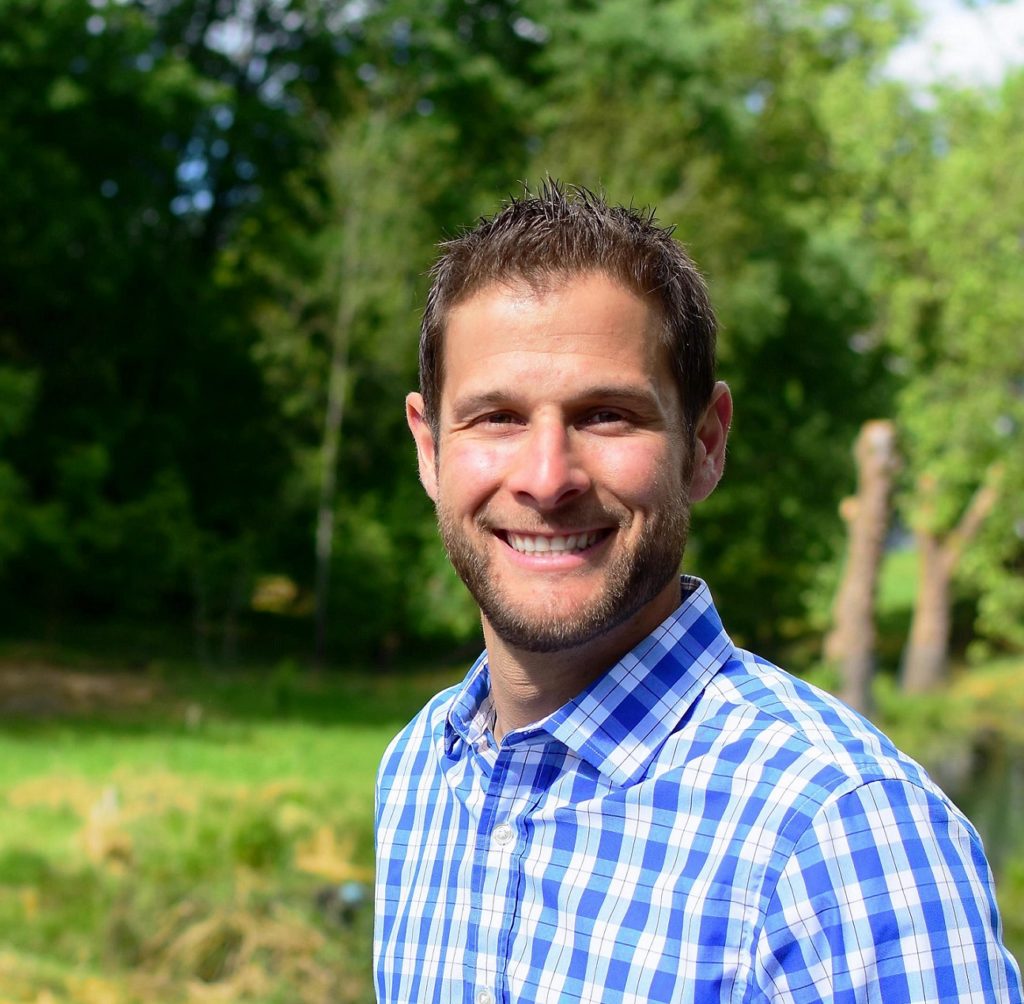
Nick Mallos

Nick Mallos
Nick is Director of Ocean Conservancy’s Trash Free Seas Program. He oversees a portfolio of work including an ocean plastics campaign, the International Coastal Cleanup, and the Trash Free Seas Alliance. Nick has conducted marine debris research around the world, including field expeditions to the North Pacific Gyre and Midway Atoll. He is interested in informing global perspectives on debris with the data and information collected through COASST’s extensive network of citizen scientists.
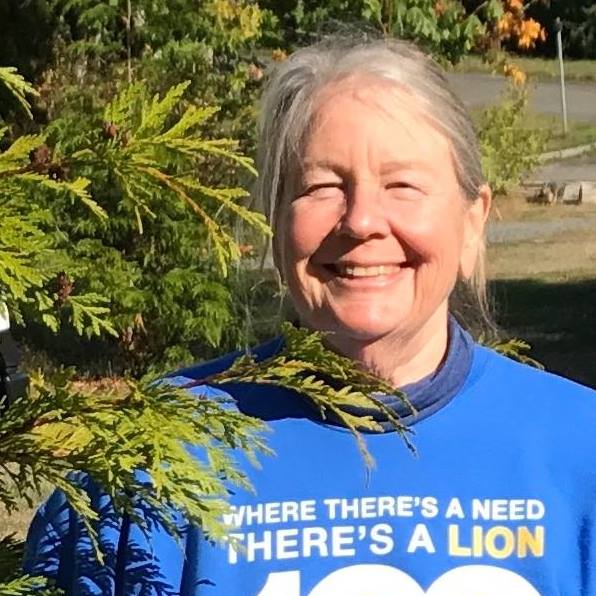
Nancy Messmer

Nancy Messmer
Nancy is an avid COASSTer and proud citizen science participant, surveying three beaches on the western Strait of Juan de Fuca and one beach on the Northwest coast of Washington. From her PhD studies in computer technologies, innovation, and professional development to her current work with large scale volunteer efforts, Nancy immerses herself personally in active local work, connecting work needs with committed workers. She is involved in many organizations, including Washington Clean Coast Alliance, the Pacific Rim Earth Day Beach Clean Up, Friends of Hoko River State Park, and Lions Club International environmental projects.
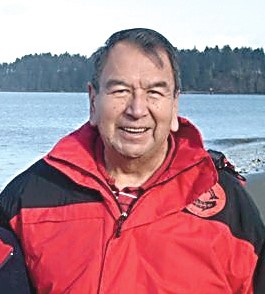
Paul Parker

Paul Parker
Paul is a retired forester from the Bureau of Indian Affairs. He was born and raised on the Makah reservation, where he worked for 18 years, served on various tribal committees, and currently serves as a board member at the Makah Cultural and Resource Center. As an avid volunteer with COASST, Paul provides the advisory board with insight on the volunteer experience out in the field. He also enjoys hiking, fishing and traveling.
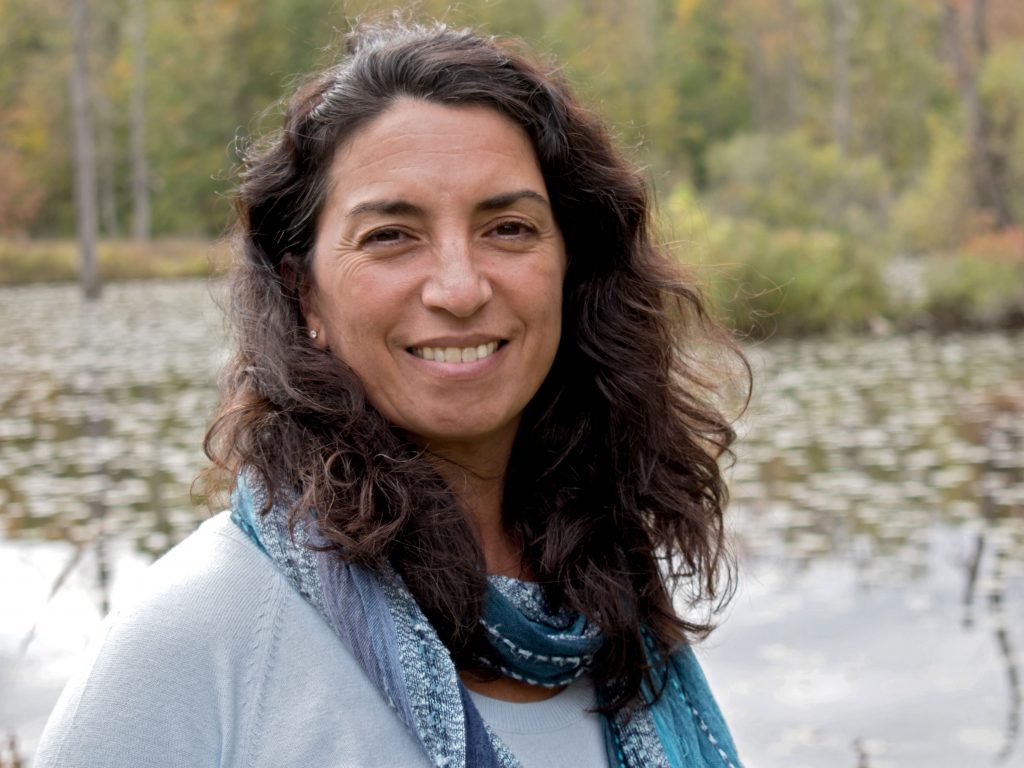
Tina Phillips

Tina Phillips
Tina is the Evaluation Program Manager at the Cornell Lab of Ornithology (CLO), and Project Leader for DEVISE, an NSF-funded project that aims to support PPSR practitioners in developing and implementing contextually appropriate evaluation designs and strategies. Tina is currently pursuing her PhD at Cornell examining the relationship between citizen scientists’ participation and outcomes related to knowledge, skills, and behavior. She is extremely interested in understanding how COASST influences participants’ perceptions of science and their role in it.
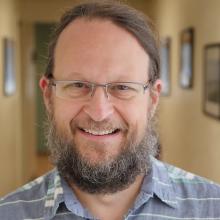
Shawn Rowe

Shawn Rowe
Shawn is an Associate Professor in STEM Education at Oregon State University with a background in applied linguistics (that is, studying how humans learn languages) and developmental psychology in education. His work with COASST has supported research projects that examine learning outcomes for citizen science training modules.
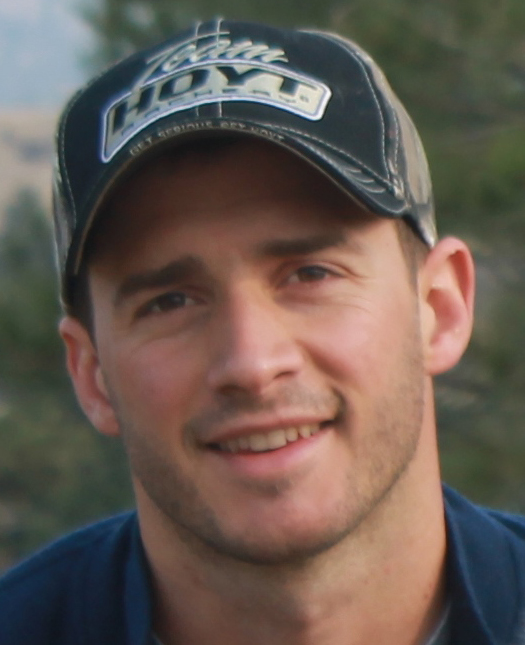
Daniel Ravenel

Daniel Ravenel
Daniel is the Wildlife Section Manager for the Quinault Indian Nation where he is currently managing research projects of large terrestrial mammals of the northwest. He has been involved with the COASST program since 2008 and currently monitors 2 beautiful beaches on the Quinault Indian Reservation. The tribe has always seen themselves as stewards of the land and much of the traditional ways of life rely on coastal subsistence living. Being involved in COASST allows the tribe to monitor near shore marine ecosystems health and continue a traditional way of life.
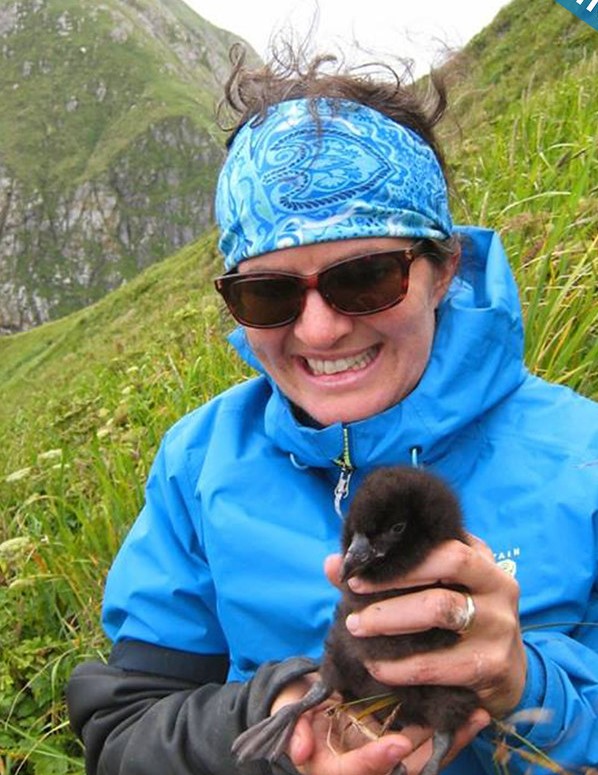
Heather Renner

Heather Renner
Heather leads the large biological program at the Alaska Maritime National Wildlife Refuge (US Fish and Wildlife Service). The Refuge is far-flung across most of the coast of Alaska, supports 80% of Alaska’s seabirds and has a long-term seabird monitoring program dating back to the 1970’s. Heather and other AMNWR staff conduct summertime COASST surveys at annual seabird monitoring sites around the coast of Alaska.
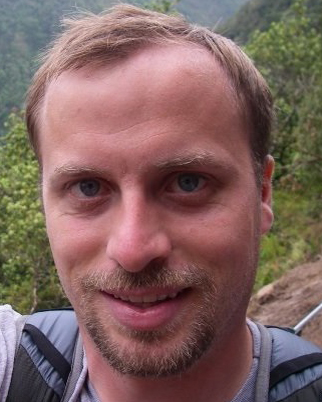
Jonathan Scordino

Jonathan Scordino
Jon is the Marine Mammal Biologist with the Makah Tribe. He protects the tribe’s treaty rights, as well as researches the whales and sea lions around the coast of the Makah Reservation. Jon studied fisheries at the University of Washington and wildlife science at Oregon State University for a master’s degree. At OSU, he studied the movements, population counts, and survival of Steller sea lions of Northern California/Southern Oregon’s breeding populations.
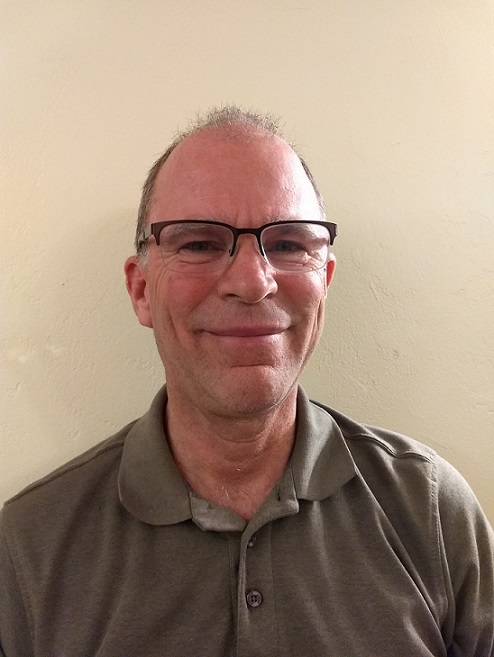
William Tweit

William Tweit
Bill is a Special Assistant to the Director for the Washington Department of Fish and Wildlife (WDFW). His focus areas at the Department include Columbia River fisheries, hydroelectric power and water flows; invasive species prevention and control; managing the fisheries of the Gulf of Alaska and Bering Sea; and developing citizen science initiatives. Before working in natural resources policy, he was a salmon biologist for two Puget Sound tribes and WDFW. In his free time, he is an avid birdwatcher, with a particular love for marine birds. His first beached bird census was in 1975 at Westport, Washington.
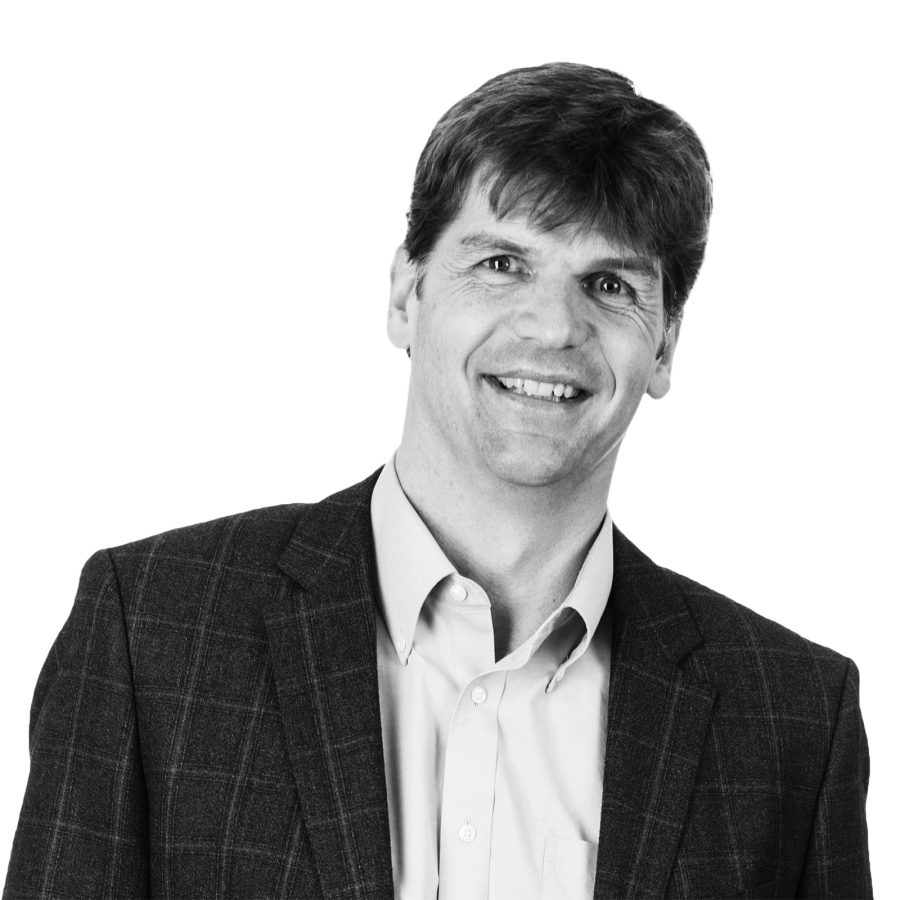
Francis Wiese

Francis Wiese
Francis is Stantec’s Technical Leader for Marine Science in Canada and Alaska. He was formerly the Science Director for the North Pacific Research Board in Alaska for 6 years and served on the Chukchi-Beaufort Ecosystem Collaboration Team of the Interagency Arctic Research Policy Committee. Francis has worked for and with academia, government, non-profits and industry, is a technical reviewer for over 20 international journals and has served on a variety of national and internal science panels and working groups
Participants
COASST participants do not have to have years of scientific education, nor do they need to be bird experts. In fact, what unites COASSTers is a strong affinity for the coastal environment.
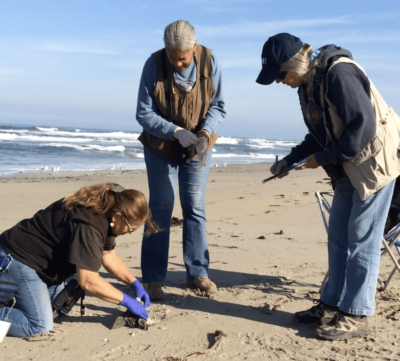
Ranging in age from eight to over eighty, COASSTers in the lower 48 tend to be retired, but also encompass a diversity of jobs, from tribal biologists to teachers to artists. In Alaska, the age of our participants is a bit younger, perhaps reflecting the fact that hardly anybody retires to coastal Alaska! Instead, relatively more Alaskan COASSTers work for national parks, wildlife refuges, and tribal governments.
After only one 6-hour training session, you can become a COASSTer, too. COASSTers sign a ‘contract’ pledging to survey their beach every month—an acknowledgment that COASST data are most valuable when regularly collected. And the COASST office pledges to put all of the data together, decipher the patterns across the entire COASST range, and give that information back out to COASSTers, and the communities, in the form of our e-newsletters, our Science Updates following each scientific publication, and our website.
Bitten by the bug for beach combing and wondering about what’s happening to the local marine resources in your area? For more information about how to become a COASST participant, please see our Join Our Team page.
